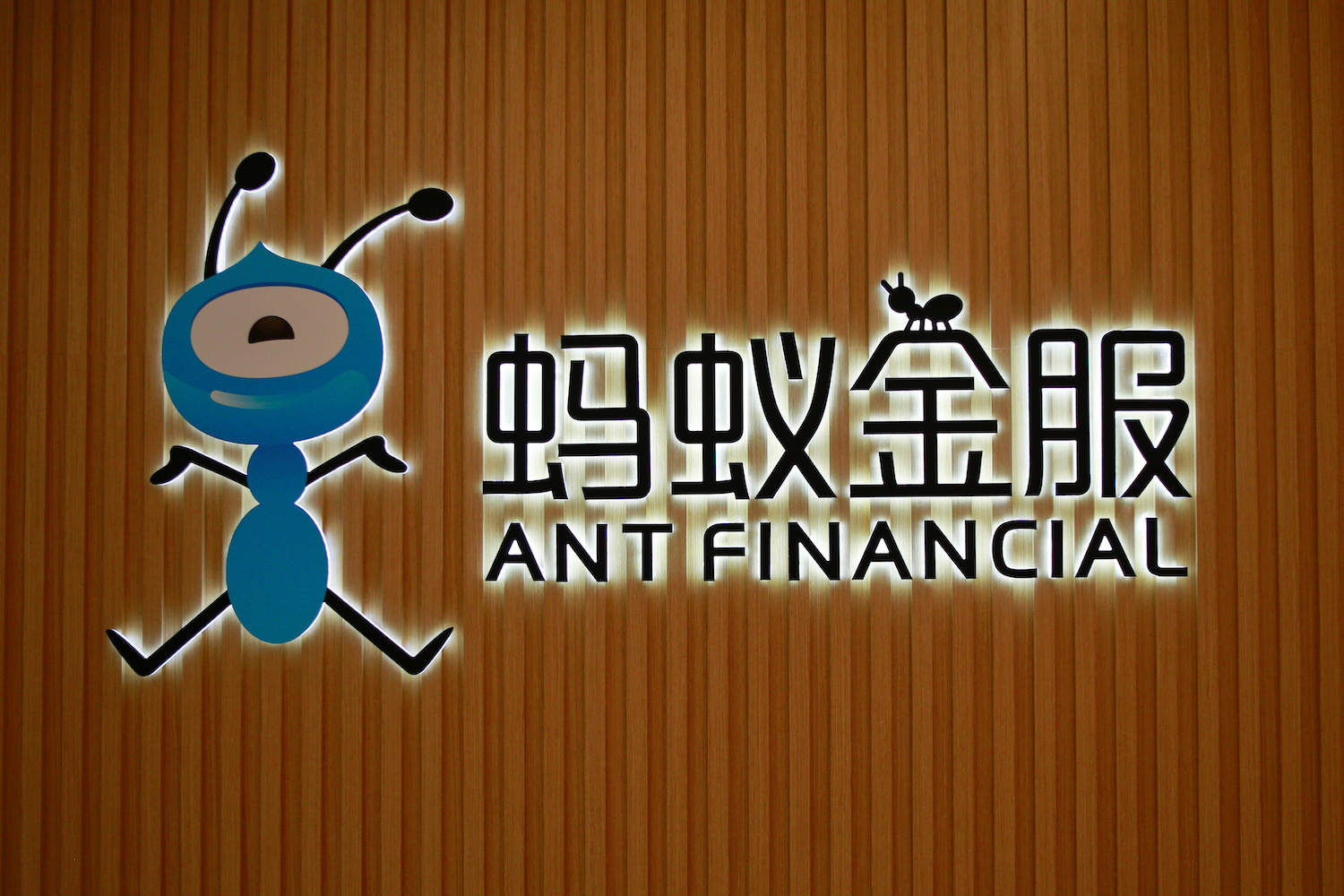(ATF) China’s national online lending companies – estimated to number from 5,000 to 7,000 at the beginning of the year – now number zero, according to the authorities.
That is obviously quite a dramatic change. To explain this, it must be noted first that the online lending sector had expanded outside of state control over the past decade and was challenging traditional lenders such as banks.
Some online lenders have somehow restructured to become new entities operating under much stricter rules imposed by Beijing. These rules prohibit lending across provincial boundaries, or only being able to loan a small proportion of financial products such as mortgages, and then only under the supervision of banks.
But officials insist that the online lending revolution is over, and that lending has returned more or less to its traditional roots, with digital icing on top.
“The actual operating P2P network lending institutions nationwide have gradually dropped from about 5,000 during the peak period, and returned to zero in mid-November this year,” Liu Fushou, chief lawyer of the China Banking and Insurance Regulatory Commission, disclosed to the China Youth Daily.
This figure clashes with earlier reports of more than 7,000 small online lenders, however a fair proportion of these may have been provincial lenders and those that were illegal and unregistered operations.
But most analysts agree that the level of online lending had become significant – one report claimed around 900 billion yuan in loans ($137 billion) – and a huge risk bubble in the Chinese economy.
Some observers believe that Ant, which boasts about half a billion users, had grown too big and influential. But analysts have also argued that China has good reason to fear a borrowing binge, with a younger digital generation that has less awareness about falling into a long debt spiral, noting that regulators launched a crackdown three years ago because of concern about growing credit addiction causing a financial meltdown.
Online lending ‘was unsustainable’
In response to the revelation that China’s “online lending boom is over”, Zhou Hao, deputy dean of the Wudaokou School of Finance at Tsinghua University, said that financial technology formats that do not conform to economic laws are insecure and impossible to sustain.
“Online loans provide investors with investment opportunities, but there is also the risk of [people] running away with money,” Zhou said.
China’s micro-lending business were eliminated under new regulations released in early November just before Ant Financial, the financial arm of Alibaba, was about to hold the world’s largest Initial Public Offering.
The Shanghai Stock Exchange put the IPO on hold, and financial regulators called in the group’s bosses in and explained their concerns about the impact of micro-lending on the financial system at a time when the global economy had plunged into recession. Regulators said the move was undertaken to prevent ‘social disorder’.
A resilient financial system is of great significance to economic development. In the era of the digital economy, the importance of financial stability and security is self-evident. Li Yang, chairman of the National Finance and Development Laboratory, pointed out that the digital economy has brought many new challenges. The first is that there are many new products, the second is security, and the third is unfair competition.
‘Rectifying’ online lending
“The current solution is nothing more than two ideas. The first is a regulatory mechanism, and the second is behavioural supervision,” Li Yang said. “The trend of the digital economy is unstoppable, and all activities will be involved in this digital trend. Supervision and security systems must keep pace with the times and keep up with the characteristics of the development of the digital economy.”
The ‘rectification process’ of the online lending sector involved regulators adopting an attitude of prudential supervision, tolerance of trial-and-error business models, encouragement of innovation, and gradually carrying out their work in a pragmatic manner. Setting micro-lending business back to Year Zero means more than five years of rectification work by officials has now come to an end.
In November 2019, the China Banking and Insurance Regulatory Commission (CBIRC) set the tone by saying they were striving to complete rectification of the industry quickly. In mid-August this year, Guo Shuqing, chairman of the China Banking and Insurance Regulatory Commission, said that by the end of June 2020, only 29 online lending institutions were still operating (legally).
In September, Feng Yan, deputy director of the Commission’s Inclusive Finance Department, stated that as of the end of August this year, there were 15 online lending institutions nationwide. Then on November 6, Liu Fushou told the State Council’s regular policy briefing that the number of online lenders in the country had dropped to just three.
Under heavy supervision, a large number of problematic online lenders closed down, while some managed to transform the way they do business – becoming lending lending institutions, online companies that provide small loans, or other forms of business, operating under supervision and regulation.
Some completely changed course and have opted to do business in completely different fields.
A few days ago, the financial performance report issued at the end of the third quarter of 2020 by the financial technology group Xinye Technology (formerly “Pai Pai Dai”) showed that it issued 17 billion yuan in loans and had revenue of 1.793 billion yuan, with a net profit of 596.9 million yuan. At present, Xinye Technology’s platform funding sources have all been provided through institutional funds, and the company has successfully connected with more than 50 licensed financial institutions, such as banks, consumer finance companies, and trusts.
In addition, Lexin, a new consumer service platform, has ended its dependence on its online lending institutions and continues to do new business. According to its latest unaudited financial results, in the third quarter Lexin’s ToB (to-business) technology services achieved a loan amount of 48.3 billion yuan (a year-on-year increase of 30.6%), with revenue of 3.2 billion yuan, and gross profit is 980 million yuan. Platform services and technology revenue reached 1.13 billion yuan, accounting for 36% of revenue.
In the eyes of many people in the industry, the axing of online lending is a big step forward for China’s financial supervision.
‘Risk control’
“The characteristics of all types of financial behaviours based on the Internet still need to be kept under in-depth observation and research,” Li Dongrong, president of the China Internet Finance Association, said. “Therefore, the management of responsibility identification, authority management, risk control, and business continuity in the digital financial business will be more difficult. We need to keep a clear understanding of the severity of the situation.”
While announcing the drop of online lending institutions to zero, Liu Fushou also made it clear that, in the future, the construction of a modern financial regulatory system would be accelerated.
The first goal, he said, is to properly handle the relationship between financial development, financial stability and financial security, enhance supervisory capabilities, strengthen system construction, adhere to the principles of marketisation, rule of law, and internationalisation, and improve regulatory transparency.
The second goal is to improve the regulatory framework with full risk coverage, enhance the penetration, uniformity and authority of supervision, and comprehensively incorporate financial activities into a supervision structure in accordance with the law, and treat similar businesses and entities equally.
The third goal is to effectively protect the legitimate rights and interests of financial consumers. The fourth is to vigorously promote the construction of financial supervision technology, improve the ability to identify, prevent and resolve cross-regional, cross-market, and cross-industry cross financial risks, and enhance the digital level of supervision.























